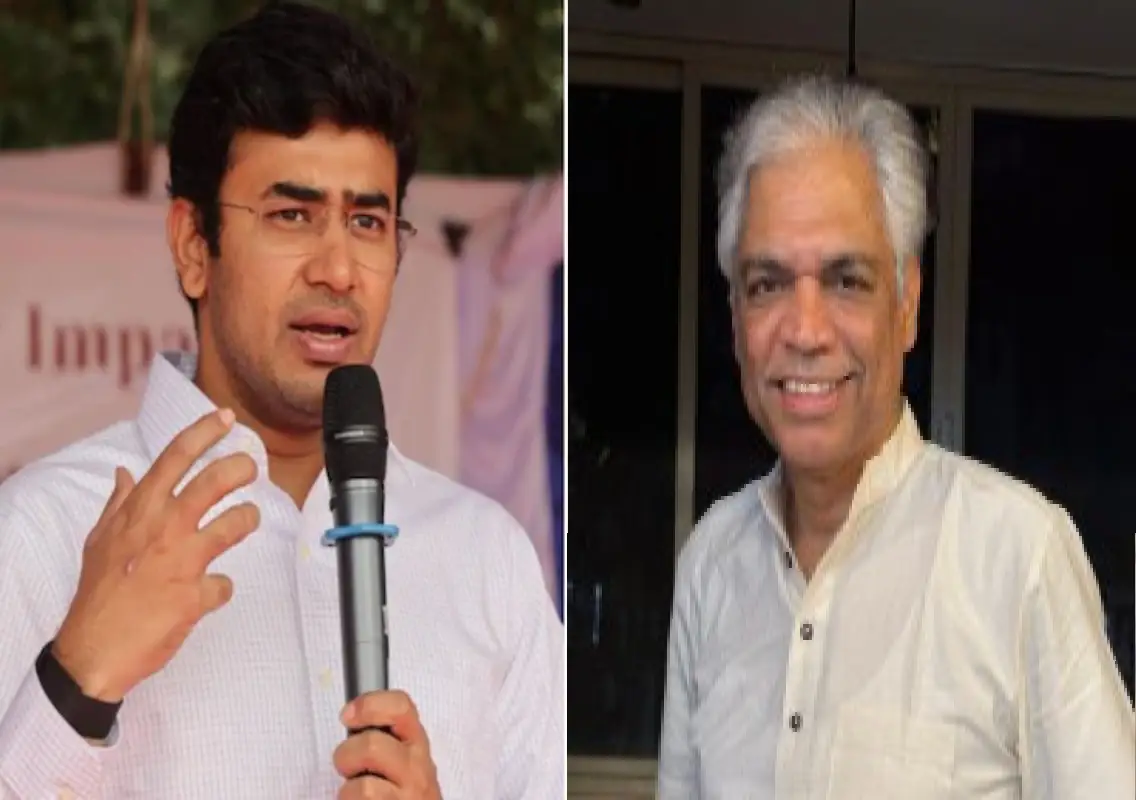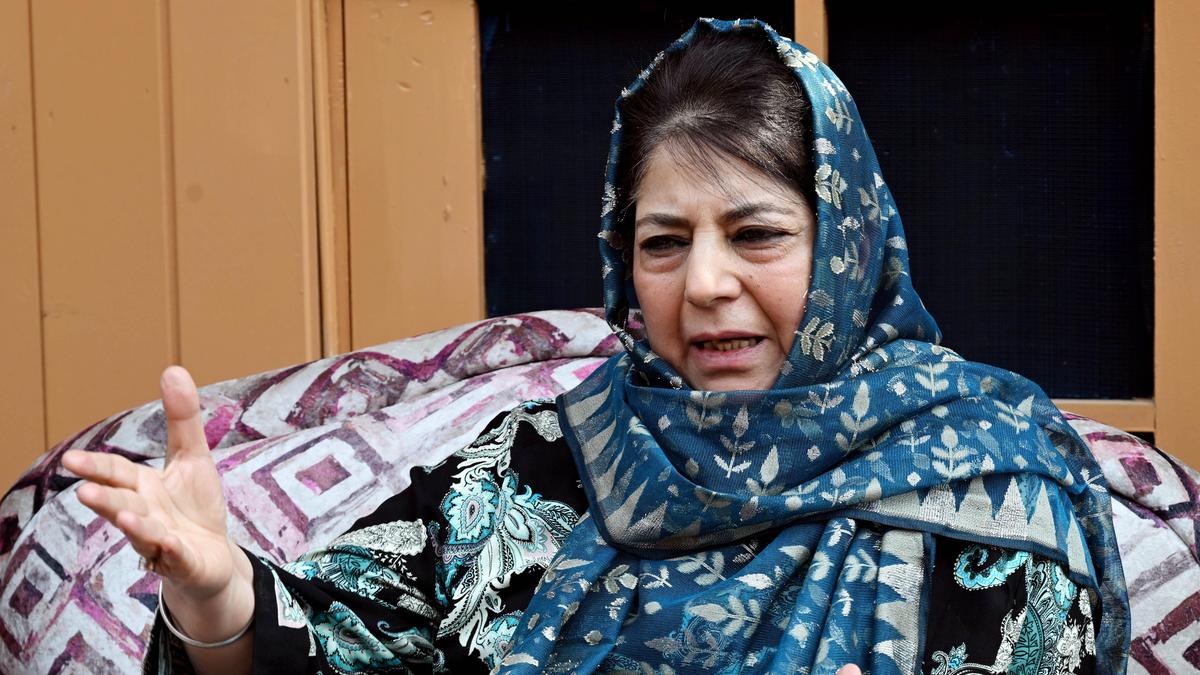Copyright newskarnataka

Bengaluru: The ambitious ₹17,000-crore Bengaluru Tunnel Road Project has come under judicial scrutiny after noted actor, director, and journalist Prakash Belawadi filed a public interest litigation (PIL) in the Karnataka High Court, questioning the legality and environmental soundness of the project’s approval process. The petition, argued by lawyer and BJP MP Tejasvi Surya, challenges the project on multiple grounds, including the absence of an Environmental Impact Assessment (EIA) and the lack of consultation with the Bengaluru Metropolitan Land Transport Authority (BMLTA)—the statutory body responsible for integrated urban mobility planning in the city. Environmental and geological concerns raised One of the major concerns highlighted in the petition is the tunnel’s proposed alignment beneath the historic Lalbagh Rock, a 3,000-million-year-old geological formation recognised as a National Geological Monument. The PIL warns that the project could cause irreversible damage to the rock and surrounding ecosystem, potentially violating environmental protection norms. The division bench of Chief Justice Vibhu Bakhru and Justice C M Poonacha heard the matter and directed the state government to provide details regarding any tree-cutting proposals associated with the project. The court also sought an expert opinion from the Geological Survey of India (GSI) on the potential environmental implications of tunnelling beneath Lalbagh. The case has been listed for its next hearing on October 28. Deputy CM defends project, criticises opposition Reacting to the PIL, Deputy Chief Minister D K Shivakumar, who is overseeing the city’s infrastructure development, criticised Tejasvi Surya and the opposition BJP for obstructing the government’s initiatives. “Anyone can oppose. I don’t care. They’ve gone to court because they don’t want this government to get credit for good work,” Shivakumar said. He further asserted that no land acquisition would be required for the project, which passes through a small stretch near Christ University. “Lalbagh will not be harmed. A small portion will be used temporarily during construction and then restored to the garden,” he added, assuring that environmental safeguards would be maintained. About the Tunnel Road project The Tunnel Road Project is one of Bengaluru’s most ambitious infrastructure proposals aimed at addressing the city’s severe traffic congestion. Envisioned as an underground network spanning approximately 35 kilometres, the project seeks to connect major traffic corridors including Hebbal, K R Puram, Central Silk Board, and other key arterial routes. The plan promises signal-free, high-speed connectivity to reduce surface-level traffic congestion and shorten commute times between northern, eastern, and southern parts of the city. Critics question transparency and feasibility However, critics and civic activists have questioned the feasibility, environmental cost, and transparency of the project. They argue that the state government has fast-tracked approvals without adequate public consultation or scientific assessment of geological and ecological risks. “The Tunnel Road may provide temporary traffic relief, but without addressing core issues like public transport integration, it risks becoming another expensive urban experiment,” said an urban planning expert familiar with the city’s infrastructure challenges. Court’s intervention may shape project’s future With the Karnataka High Court now monitoring the matter, the Tunnel Road project faces a critical juncture. The GSI’s report and the government’s response on environmental and procedural compliance are expected to determine the project’s next steps. The outcome could also set a precedent for how future mega infrastructure projects in Bengaluru are evaluated in terms of environmental sustainability, urban planning coherence, and public accountability.



